Growth in international trade will remain strong in 2007 although it will slip to 6 percent from 8 percent last year as global economic expansion slows, the World Trade Organisation (WTO) said on Thursday.
In their first forecast for 2007, WTO economists said the outlook was based on expectations that the world economy would expand some 3 percent this year, below last year's 3.7 percent.
World trade growth in 2006 was above the previous WTO forecast for 7 percent and the second highest figure since 2000, reflecting stronger than expected economic growth in Japan and Europe, the Geneva-based trade body said in a report.
Developing countries' share of world trade rose to a record 36 percent, with China's trade growth continuing to outstrip all others, it said. In the second half of 2006, China's exports of goods exceeded those of the United States for the first time, although for the year as a whole it stayed third in the rankings.
Germany remained the world's number one exporter of goods, although on current trends China could seize top spot in 2008, according to WTO economists, who had long predicted such a development by 2010.
"The first quarter data shows that Chinese exports continued to grow rapidly, less pronounced but still very strong, and the trend in US export growth is less strong," WTO senior economist Michael Finger told a news conference.
"On the basis of last year's numbers, it will be next year," he said when asked when China could become the world's top exporter. "But these things depend very much on exchange rate developments. These are guesses," he added.
Despite its huge trade deficit, the United States registered its best growth in goods' exports in a decade at more than 14 percent, the WTO said. When adjusted for prices, US exports expanded faster than overall world trade and more than its imports.
Of the seven geographic regions used by the WTO, the Commonwealth of Independent States (CIS) of former Soviet Union members had the most dynamic trade growth last year, benefiting from strong fuel and metal prices on world markets, it said. "The strong performance of 2006 is welcome, particularly the gains made by developing and least-developed countries," said WTO Director-General Pascal Lamy.
But Lamy said the uncertainties looming over the global economy in 2007 made it even more important that the WTO succeed in wrapping up its Doha round of free trade negotiations.
The negotiations have missed several deadlines since being launched in the Qatari capital in 2001. "The uncertainties that lie ahead are a warning for us not to lose sight of the need to continue to reform the world economy," Lamy said.
In New Delhi, top US trade negotiator Susan Schwab said on Thursday momentum was building in the free trade talks with major powers exchanging ideas on where concessions might be made.
But she continued to play down the chances of a long-sought breakthrough at two days of talks between the United States, the European Union, Brazil and India, the so-called Group of Four (G4), which began on Wednesday.
"No one is making formal offers ... but what you are doing is exploring conditional offers. That kind of a dialogue is a very healthy prerequisite to a more formal, more traditional negotiation," Schwab told journalists.
BR100
15,235
Increased By
150.4 (1%)
BR30
44,824
Increased By
812 (1.85%)
KSE100
149,971
Increased By
1353.3 (0.91%)
KSE30
45,655
Increased By
407.2 (0.9%)


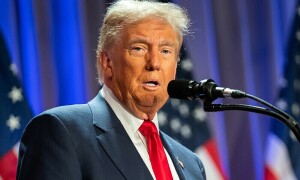


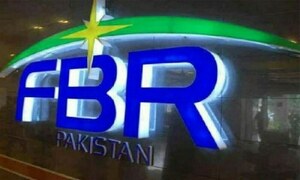
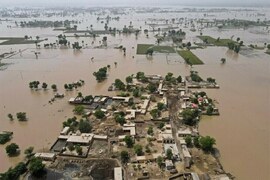







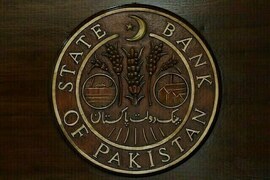
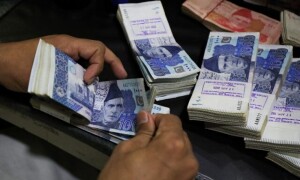






Comments
Comments are closed.